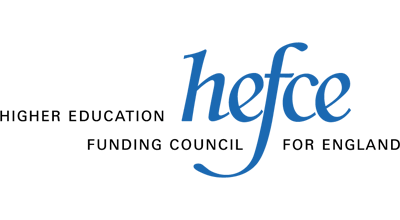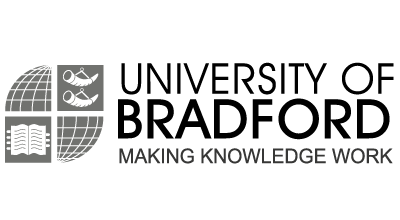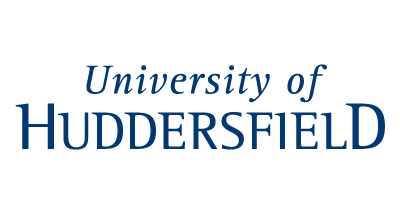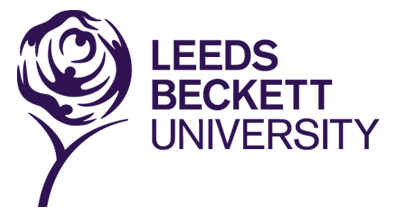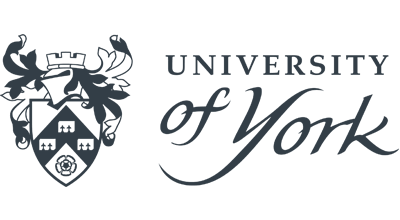Date published: 18/05/18
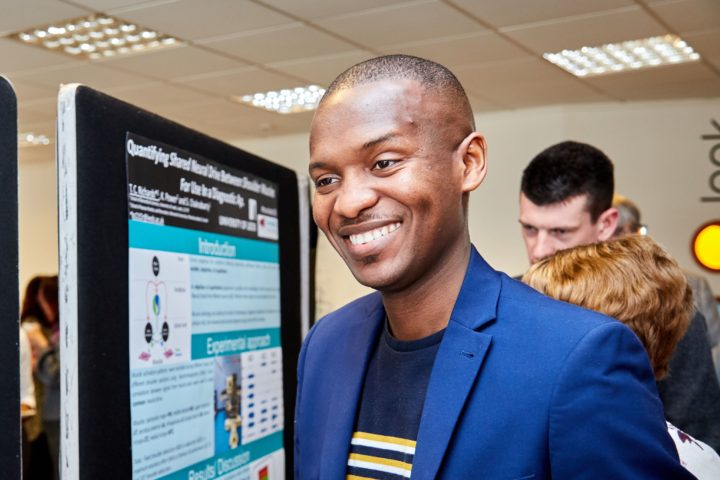
Post-stroke recovery from a clinical viewpoint
- Name: Uyi Igbinoba
- Current Organisation: Leeds Beckett University
- Current Position: PhD Student
- Secondment organisation: Devices for Dignity (D4D)
My name is Uyi Igbinoba from the School of Computing and Creative Technologies at Leeds Beckett University. I am currently working on an application for post-stroke patients. My goal is to help post-stroke patients gain some independence on their pathway towards full recovery. To achieve this I am exploring machine learning algorithms, key data features and objective ways of evaluating post stroke recovery.
From academia to the NHS
I applied for a secondment in Sheffield Teaching Hospital, hosted by Devices for Dignity for three reasons, all of which are closely related. The first is to understand from a clinical perspective, the real issues facing clinicians and post-stroke patients. The second is to have valuable contacts with the NHS and foster good working relationships with various teams working on the same problem. The third and probably the most important reason is to see if I can obtain data from stroke patients undergoing physiotherapy and to see what sort of therapy they do for upper-limb motor function rehabilitation.
This secondment is already yielding results. Within the last couple of days, I have realized the key is to focus on technologies that support the patient’s recovery and gains the patient’s acceptance. I have also found that researchers may classify something as an unmet need, but looking closer at this, there might be products in the pipeline that actually do meet this need. I will therefore be progressing key technologies in my field of research with this knowledge in mind.
While I am here at D4D, I hope to develop business skills that will help me sell my work, understand the process, pitfalls and opportunities that lie in the innovation chain (from ideas to commercialization) , gain key contacts, observe patients undergoing physiotherapy, develop a clinical mindset that will partly guide my research approach and ultimately get stroke data for my algorithms.
The direct approach
At Leeds Beckett University, my research work requires me to take a lead role (directing my research) whereas at D4D I play more of a supportive role. However, D4D gives me direct access to meet clinical experts in my field of research as opposed to the indirect access Leeds Beckett University provides, which is through reading papers.
As a researcher, my work usually entails reading paper publications around my field of research, running codes in R programming to see what works, making presentations to discuss my findings and handling undergrad tutorials. At Devices for Dignity (D4D), my role is more of a collaborative one – i.e. writing a business case, reviewing proposals, attending meetings and having to meet with clinical experts in my area of research.
Leeds Beckett University provides an academic environment with all the required resources needed for learning, research and development while D4D provides a business environment that supports medical technological device taking ideas from concepts to the market.
Through writing and reviewing proposals, both at my time at D4D and Leeds Beckett University, I am getting to know more about the sort of information that organizations require in other for them to be able to fund an idea. Meeting with clinical experts in the field of rehabilitation and physiotherapy is helping me understand in practical terms the meaning of certain clinical terms I have read about, such as the difference between skill learning and compensating, as well as various technologies that supports stroke rehabilitation and how they work (FES for instance is an electric stimulant that helps post stroke patients to perform task by stimulating their nerves).
With the time I have left, I hope to visit the rehabilitation centre at Sheffield, provide more support for ongoing work at D4D and continue to build my network.


